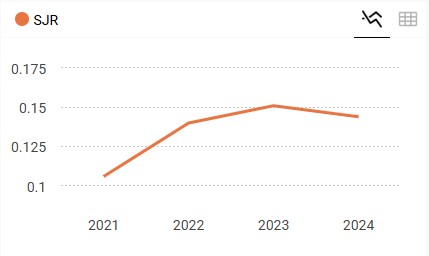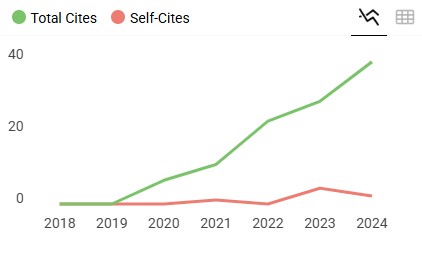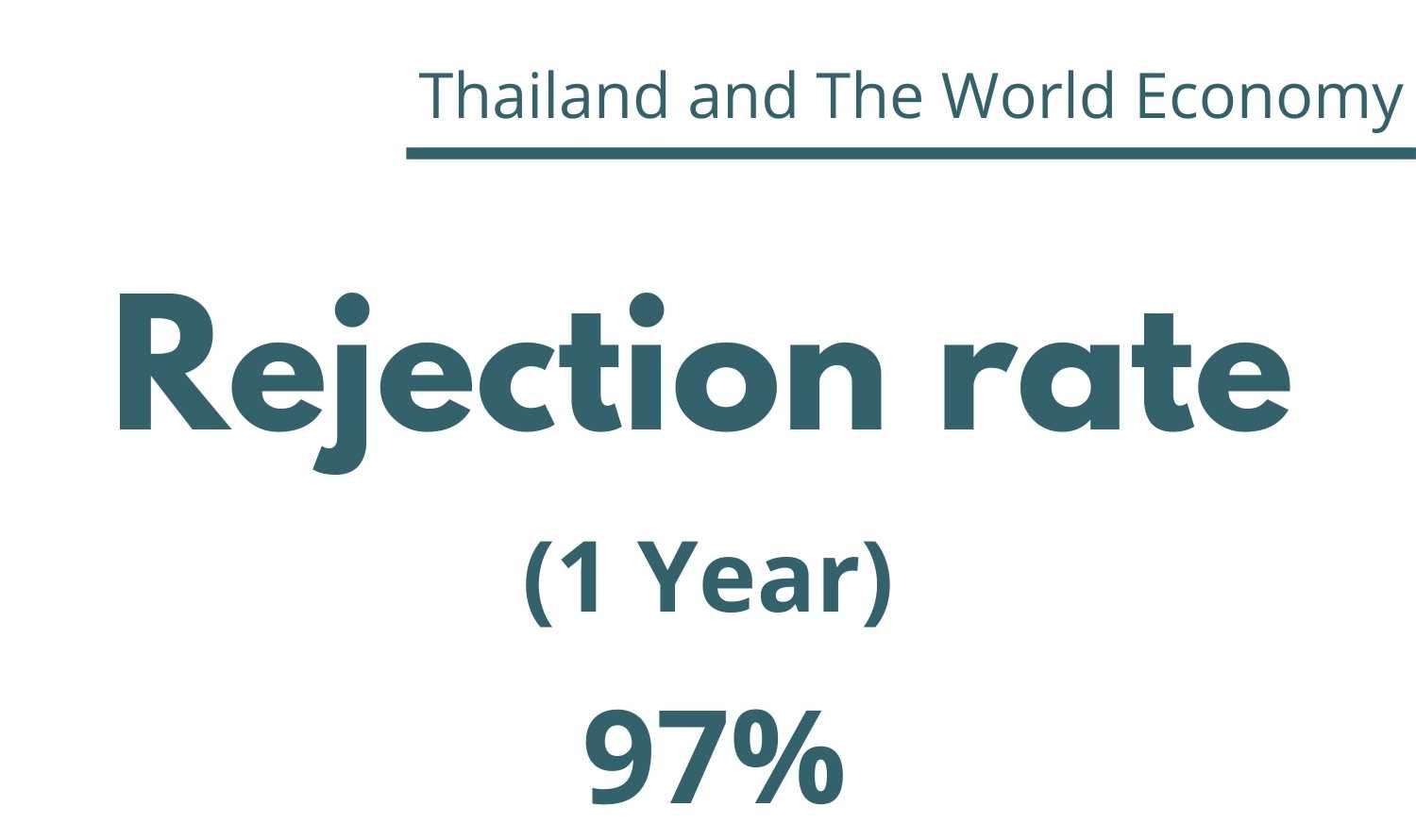Ethics
Ethics Guidelines for Thailand and the World Economy (TWE)
- For Editors
1.1 Confidentiality: Editors are committed to maintaining the confidentiality of submitted manuscripts. Author and reviewer identities, manuscript content, and communication during the review process must not be disclosed to anyone except relevant parties such as corresponding authors, reviewers, potential reviewers, and the publisher.
- Peer Review: Editors are responsible for ensuring a fair and rigorous peer review process. This involves selecting reviewers with the appropriate expertise, avoiding conflicts of interest, and preventing review manipulation. TWE does not specify the number of reviewers but ensures that the peer review process is transparent and unbiased.
- Fair Evaluation: Manuscripts are evaluated solely on the basis of their intellectual content, without regard to the author’s race, gender, religious beliefs, or institutional affiliation. Editors ensure that the review process remains objective and that any decisions on manuscript acceptance or revision are based purely on merit.
- Protecting the Integrity of Published Work: Editors are responsible for detecting and addressing potential misconduct in both submitted and published work, including plagiarism, data fabrication, and citation manipulation. If any form of misconduct is identified, the appropriate action—such as corrections, retractions, or expressions of concern—will be taken.
- Transparency in Editorial Decisions: Editors must act transparently when making final decisions on manuscripts and must publish guidance for reviewers that outlines their expectations, which is updated as necessary.
- For Peer Reviewers
- Confidentiality: Reviewers are required to maintain confidentiality regarding all information related to the manuscripts they review. They must not use any information obtained through the review process for personal gain.
- Objectivity and Timely Review: Reviewers are expected to provide an unbiased and thorough assessment of the manuscript based on their expertise. Their evaluations should be constructive, helping the authors improve the quality of their work. Reviews should be completed in a timely manner.
- Conflict of Interest: Reviewers must decline to review manuscripts if there is any potential conflict of interest, such as close professional or personal relationships with the author(s) or institutions involved.
- Addressing Misconduct: If reviewers identify any possible ethical issues, such as plagiarism, data manipulation, or citation misuse, they are encouraged to notify the editors promptly so appropriate actions can be taken.
- For Authors
- Originality and Acknowledgment of Sources: Authors must ensure that the submitted manuscript is an original work and properly cites all relevant sources. The work must not have been submitted to other journals simultaneously, and all authors must be properly credited for their contributions.
- Ethical Reporting Standards: Authors must present accurate and honest results of their research. Data fabrication or falsification is strictly prohibited, and the manuscript must provide sufficient detail and references to allow others to replicate the work.
- Disclosure of Conflicts and Funding: Authors are required to disclose any financial support or potential conflicts of interest related to their research. Proper acknowledgment of research funding must be included in the manuscript.
- Multiple Submissions: Manuscripts submitted to TWE must not be under review or published in other journals. Authors must provide an explicit confirmation that their work is original and has not been previously submitted elsewhere.
- Plagiarism: TWE maintains a strict policy against plagiarism. Manuscripts must not contain any plagiarized material, and authors are responsible for ensuring that any reused content is properly cited and distinct from prior work.









